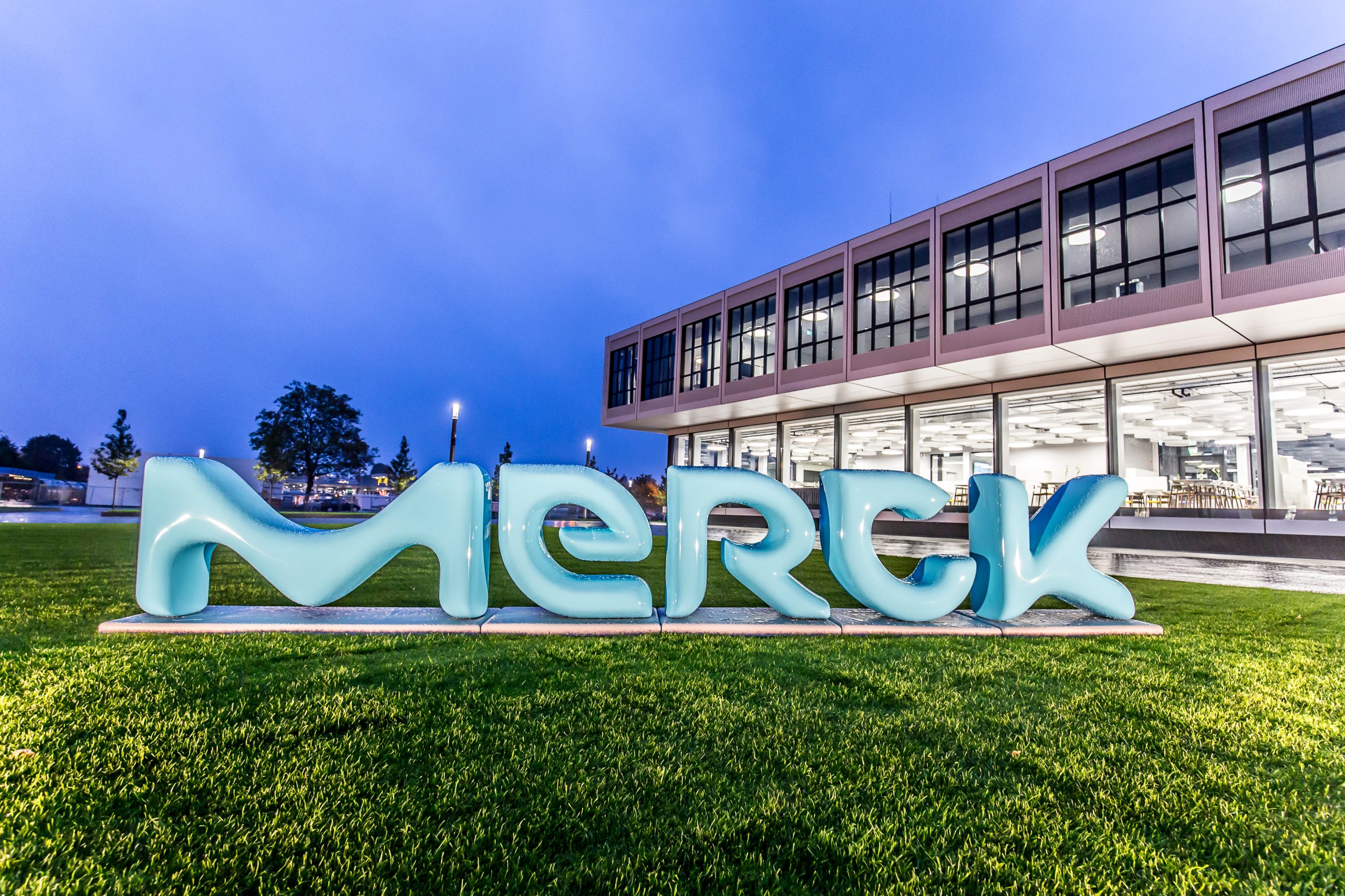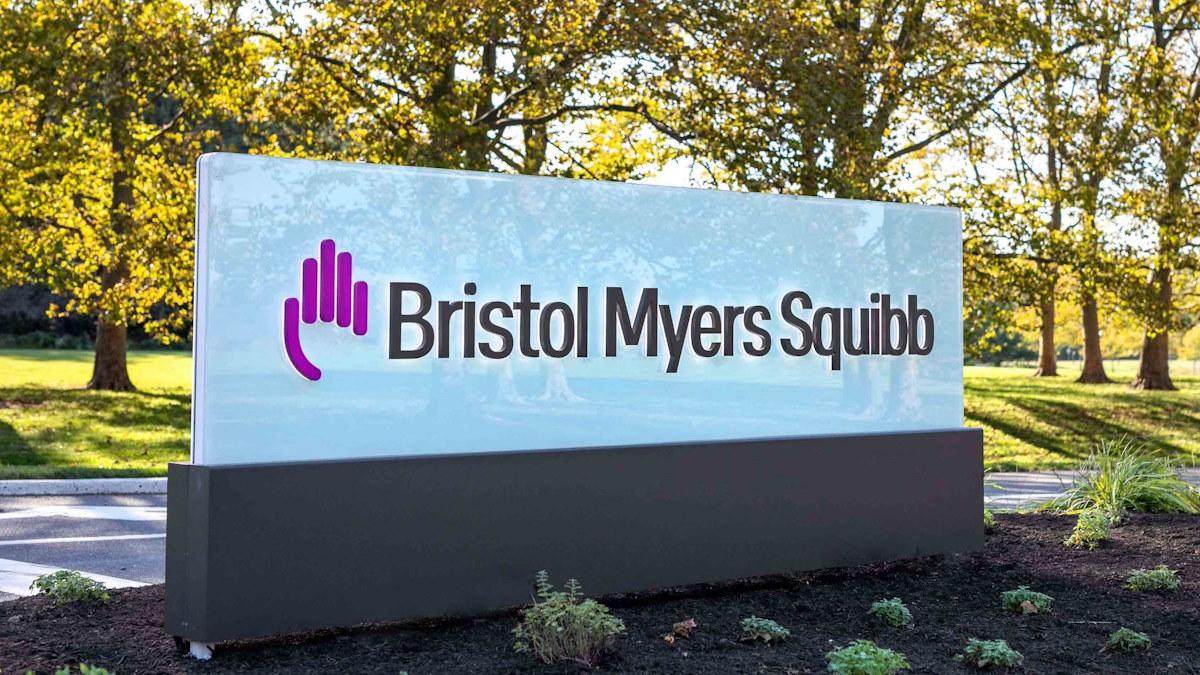Merck KGaA to develop immunotherapies with F-star

Merck KGaA has struck a deal with UK biotech F-star to develop bi-specific cancer immunotherapy antibodies.
Under the deal, Merck will pay up to $115 million in upfront, R&D and milestone payments in the first two years of the collaboration, plus an option to buy five of F-star’s bispecific drugs.
The German pharma company is particularly interested in developing and marketing F-Star’s FS118, a pre-clinical bispecific antibody targeting Lymphocyte-Activation Gene 3 (LAG-3) and Programmed Death-Ligand 1 (PD-L1) – two pathways commonly used by cancer cells to evade the immune system.
Merck has the option to exclusive development and marketing rights FS118 if data looks good enough.
F-star will grant Merck exclusive development and marketing rights to four other novel bispecific antibodies of Merck’s choosing from F-star’s bispecific antibody platform.
Cambridge-based F-star is notable for its ‘modular’ corporate structure, where the company’s pipeline assets and technology platforms are in separate units to allow third parties to invest in, or acquire, specific assets.
F-star is already working with US biotech Denali to develop bispecific antibodies capable of crossing the blood-brain barrier to tackle diseases of the central nervous system.
The biotech is also working with AbbVie on another cancer immunotherapy deal, but in April Bristol-Myers Squibb decided not to take an option on F-Star’s FS102, an antibody fragment targeting HER2.
For Merck KGaA the deal makes sense as it has already made serious inroads into cancer immunotherapy with the approval of Bavencio (avelumab), developed in partnership with Pfizer, for the rare skin cancer merkel cell carcinoma.
Merck also has a bifunctional antibody in its pipeline – M7824 is in phase 1 development, which is believed to simultaneously block two immune-inhibitory pathways, PD-L1 and TGF-beta.
Luciano Rosetti, global head of R&D at Merck, said: “Our collaboration with F-star will help us to rapidly enhance our pipeline and grow our portfolio of bispecific immunotherapies.”

F-star's John Haurum
John Haurum, CEO of F-star, added: “This immuno-oncology collaboration expands our strong relationship with Merck and is a further validation of the potential of F-star’s bispecific antibody platform. Our vision is to transform the treatment of cancer. This is the objective of partnering our lead asset FS118 and other next-generation immuno-oncology compounds with Merck."













